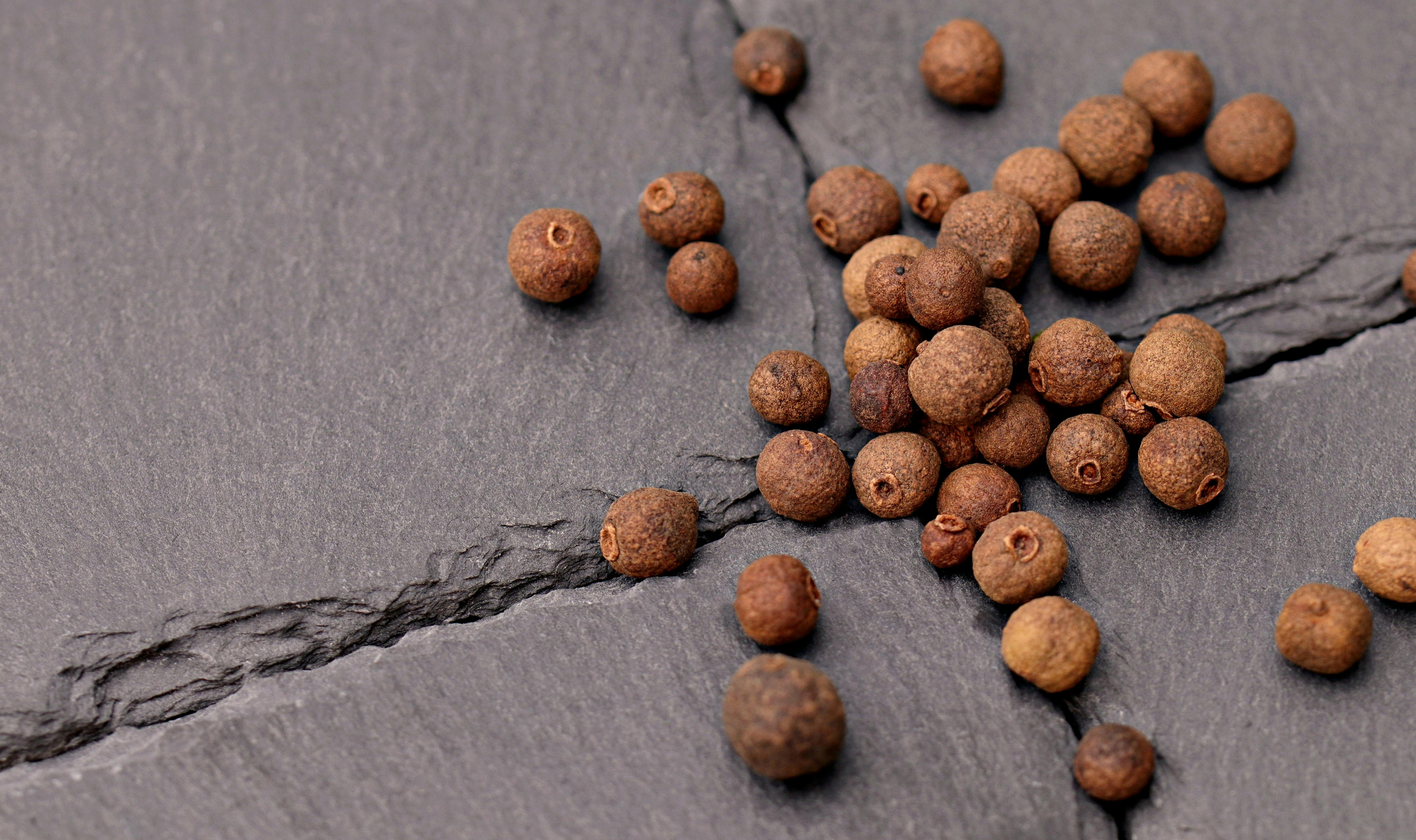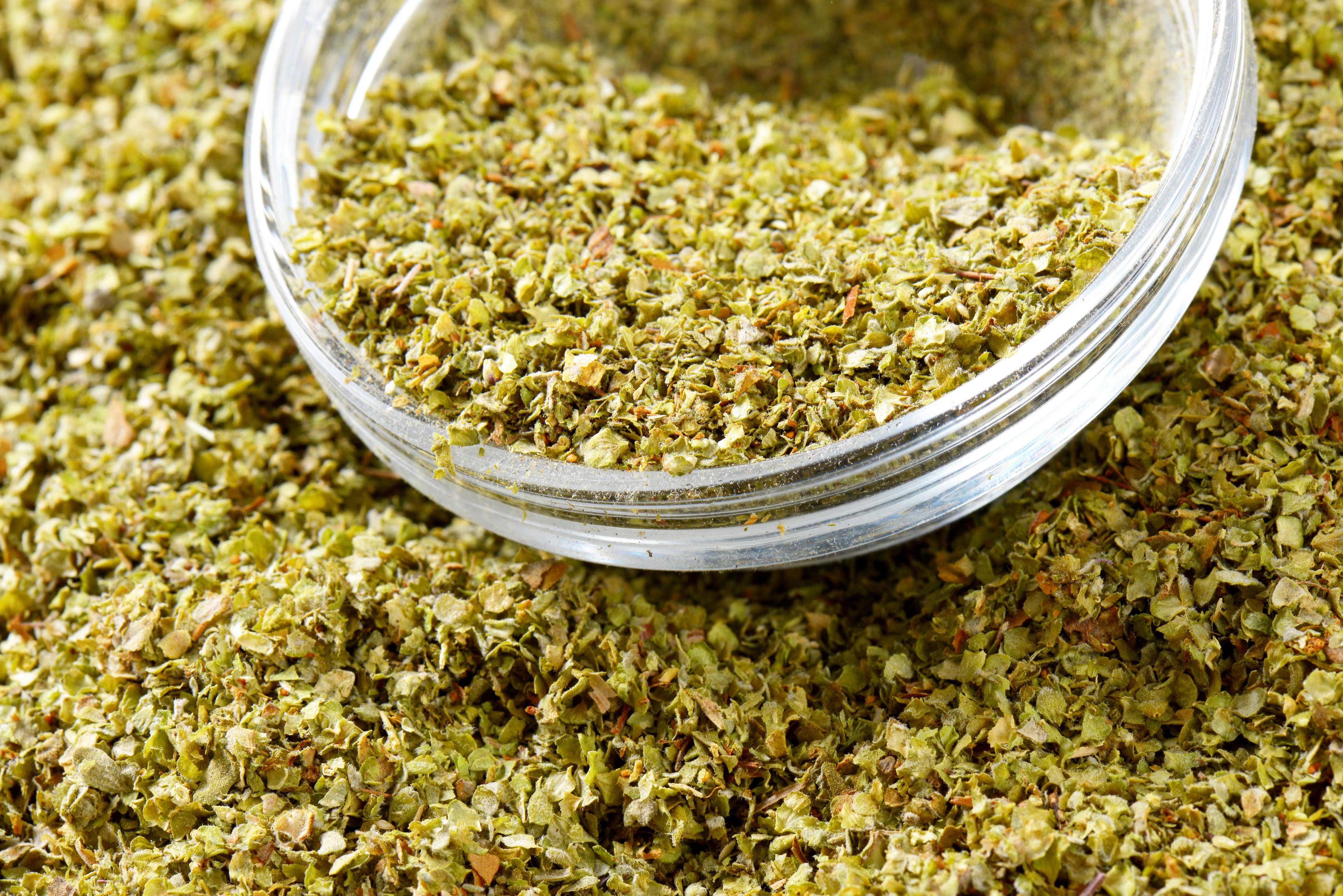Spices That Lower Bad Cholesterol (and How to Use Them in Your Cooking)
35. Allspice: The Multi-Sided Healer

Allspice gets its name from its flavor, which is a complex blend of cinnamon, cloves, and nutmeg. This single spice is a powerful source of eugenol, the same compound found in cloves, which has been shown to reduce cholesterol levels and have potent anti-inflammatory effects. Allspice also contains quercetin, a flavonoid with strong antioxidant properties that protects against heart disease. Use it in both sweet and savory applications—it's a key ingredient in jerk seasoning and is also excellent in baked goods, soups, and marinades. Its versatile nature makes it a secret weapon for adding a rich, warm flavor and powerful health benefits to a wide range of dishes.
36. Marjoram: The Gentle Heart Protector

Marjoram, a close relative of oregano with a milder, sweeter flavor, is a powerful ally for cardiovascular health. It is packed with antioxidants, particularly carvacrol and rosmarinic acid, which help combat free radical damage and reduce inflammation—a key factor in the development of atherosclerosis. Studies have shown that these compounds can help protect the heart and blood vessels from oxidative stress. Marjoram is a versatile herb that works beautifully in Italian dishes, marinades, and on grilled meats. Adding marjoram to your meals is a simple way to get a subtle flavor boost along with powerful, protective benefits for your heart.
